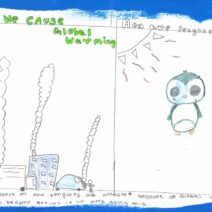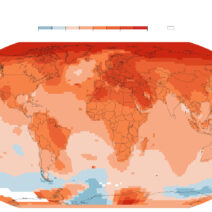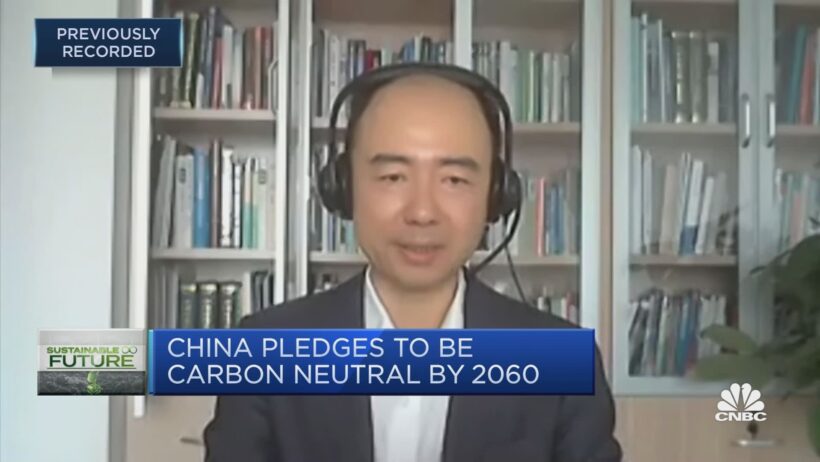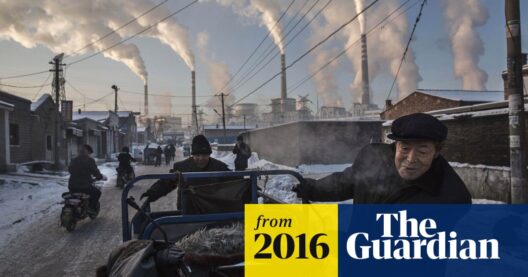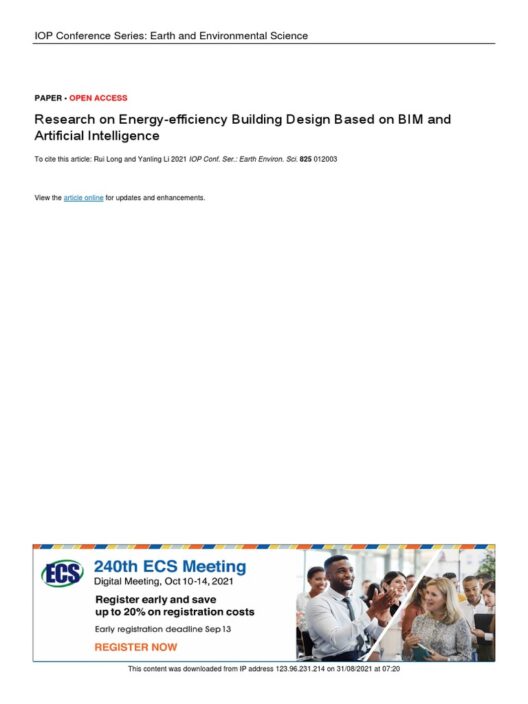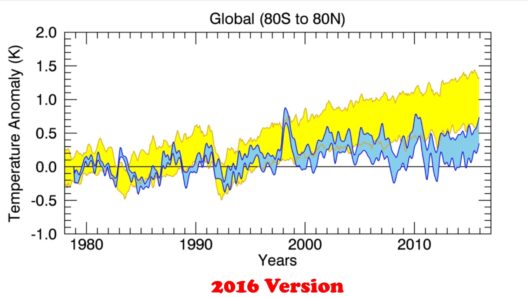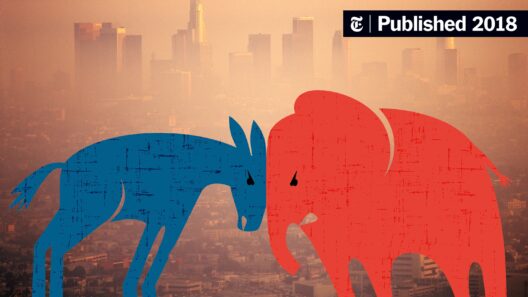Climate change stands as one of the most pressing global challenges of our time. Its ramifications reach deep into the fabric of society, affecting natural ecosystems, economies, and the well-being of communities across the United States. As temperatures rise and weather patterns become more erratic, the consequences of climate change loom larger on the horizon, prompting experts to forewarn of a future that may be far more grim than most anticipate. This discourse elucidates the multifarious ways climate change may impact the U.S., drawing on insights from environmental scientists, economists, and sociologists.
One of the most palpable effects of climate change in the United States is the increasing frequency and intensity of extreme weather events. From hurricanes to droughts, these phenomena have become more prevalent and severe, causing devastation in their wake. Hurricanes are intensifying due to warmer ocean waters, leading to increased rainfall, higher storm surges, and greater flooding. The impacts of Hurricane Katrina in 2005 and Hurricane Sandy in 2012 serve as sobering reminders of the potential havoc climate-induced storms can wreak, displacing thousands and costing billions in damage.
Similarly, increasing temperatures are contributing to prolonged droughts, particularly in the Southwestern U.S. States such as California and Arizona have faced water shortages that threaten agriculture, wildlife, and human health. Prolonged drought conditions can lead to crop failures, adversely affecting food supply chains and driving up prices for consumers. As experts posit, these agricultural disruptions can create a ripple effect throughout the U.S. economy, highlighting the interconnectedness of environmental health and economic stability.
Rising sea levels present another significant concern, particularly for coastal cities. As polar ice caps melt and ocean waters expand, low-lying regions like Miami, New Orleans, and parts of New York City face the grim prospect of inundation. The National Oceanic and Atmospheric Administration (NOAA) projects that sea levels could rise by as much as 11 inches by 2050. Such rises threaten not only infrastructure but also the very livelihoods of millions who depend on these regions for their homes and jobs. Saltwater intrusion into freshwater aquifers further complicates the situation, endangering drinking water supplies and agricultural lands alike.
Health implications constitute another critical aspect. The interplay between climate change and public health is particularly alarming, as rising temperatures contribute to worsened air quality and increased prevalence of vector-borne diseases. Diseases such as Lyme disease and West Nile Virus, carried by ticks and mosquitoes, are expected to proliferate due to changing climates. Moreover, heatwaves increasingly pose a risk to vulnerable populations, particularly the elderly and individuals with pre-existing health conditions, leading to higher incidences of heat-related illnesses and fatalities.
Furthermore, climate change is expected to exacerbate social inequalities. Communities of color and low-income populations often bear the brunt of environmental degradation and have fewer resources to adapt. Disparities in access to healthcare, nutrition, and housing can amplify the effects of climate change on marginalized groups. Displacement and migration, driven by climate events, may lead to increasingly strained urban areas as climate refugees seek safety and stability. This phenomenon presents not only humanitarian concerns but also challenges related to resource allocation and social cohesion.
The economic implications are profound as well. The U.S. economy is intricately linked to its natural resources, and climate change threatens this delicate balance. The agricultural sector may experience reduced yields due to changing growing seasons and increased pest infestations, putting strain on food systems and leading to higher prices. The insurance industry faces mounting claims stemming from natural disasters, forcing companies to reconsider their risk assessments and premium structures. Additionally, investments in renewable energy technologies and infrastructure must accelerate to mitigate the impacts of climate change and transition toward a sustainable economy.
On a broader scale, the geopolitical landscape could be irrevocably altered by climate change. As nations grapple with diminishing resources and increasing disasters, tensions may rise over water rights and land use. The U.S., with its vast resources, may find itself in precarious international negotiations, particularly with regions severely impacted by climate change. Contrastingly, a proactive approach to sustainability could position the U.S. as a leader in climate resilience, fostering collaboration and innovation on a global scale.
Despite the dire projections, there is a burgeoning consensus among experts that proactive measures can mitigate many of the worst effects of climate change. Transitioning to renewable energy sources, enhancing energy efficiency, and implementing sustainable agricultural practices can significantly reduce greenhouse gas emissions. Investments in public transportation, infrastructure hardening, and ecosystem restoration can foster resilience against climate impacts while simultaneously creating jobs and stimulating economic growth.
In conclusion, climate change presents a multifaceted threat to the United States, affecting everything from natural ecosystems to public health and economic stability. Understanding these complexities is paramount as society strives to navigate the challenges ahead. The urgency of the situation demands a collective, informed response, harnessing scientific insights and fostering community engagement to foster resilience and sustainability. Surely, the cost of inaction is far greater than the investment required to pave the way for a sustainable future. The time to act is not merely a suggestion; it is an imperative for the well-being of the planet and generations to come.

